
Findings from data on patients with various autoimmune disorders who used remibrutinib, a BTK inhibitor in development for multiple sclerosis, reported no safety concerns in laboratory analyses.

Findings from data on patients with various autoimmune disorders who used remibrutinib, a BTK inhibitor in development for multiple sclerosis, reported no safety concerns in laboratory analyses.

The senior vice president for Research and Training at Kessler Foundation talked about the issue of fatigue in patients with multiple sclerosis and the significant, multifaceted challenges patients face. [WATCH TIME: 5 minutes]
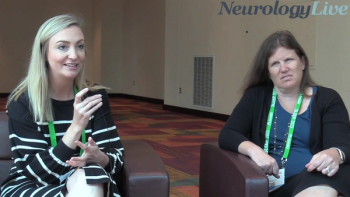
The duo from Indiana University School of Medicine provided perspective on the reasons for why cognitive behavioral therapy used for insomnia need to be adjusted in adolescents with the sleep disorder. [WATCH TIME: 3 minutes]

Over a 96-week period, more older patients with relapsing multiple sclerosis on diroximel fumarate achieved no evidence of disease activity-3 status vs younger patients.

In the phase 3 OPTIMUM study of ponesimod, findings showed that MRI features in patients with multiple sclerosis were significantly associated with clinical scales.
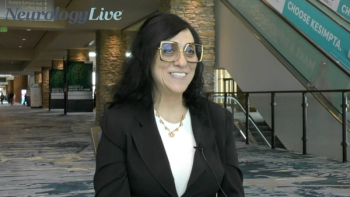
The assistant professor at Hunter College discussed the approach of systematically localizing symptoms in patients with multiple sclerosis for diagnosis based on a clinical workshop. [WATCH TIME: 5 minutes]
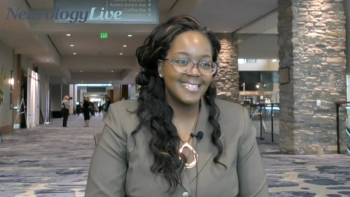
The assistant professor at the University of Alabama at Birmingham discussed the transition from pediatric to adult care for patients with multiple sclerosis as well as the challenges presented in diagnosis, treatment, and understanding the long-term impact of the disease. [WATCH TIME: 5 minutes]
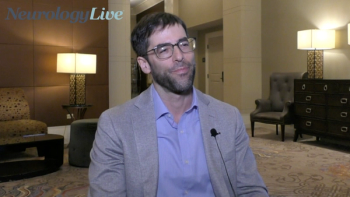
The director of movement disorders at the Banner Sun Health Research Institute talked about how research in essential tremor is revolutionizing the diagnosis and understanding of the movement disorder. [WATCH TIME: 5 minutes]

The professor of anesthesiology at Washington University in St. Louis discussed the importance of effectively communicating and reciprocating with underserved communities that are of research interest.
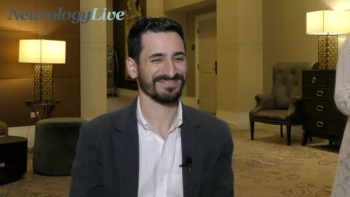
The director of the Movement Disorders Center at Baylor University Medical Center in Dallas, a part of Baylor Scott & White Health, talked about the evolution of treatment for Parkinson disease and the new promising therapies patients may seen over the coming years. [WATCH TIME: 3 minutes]
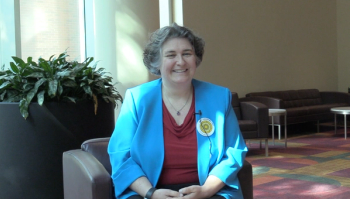
The professor of neurology at UMass Chan School of Medicine discussed the various impacts Daylight Savings Time has on sleep quality and overall health in children and adolescents. [WATCH TIME: 3 minutes]
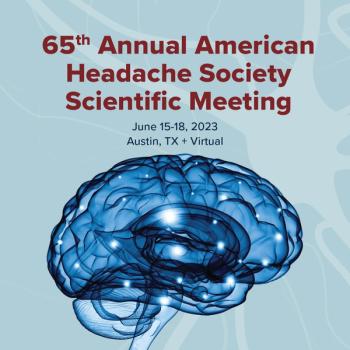
A group of experts in the care of patients with neurological conditions—Amynah Pradhan, PhD; Katherine Podraza, MD, PhD; Elizabeth K. Seng, PhD; Olivia Begasse de Dhaem, MD, FAHS; Sait Ashina, MD, FAHS—shared their perspectives on hot topics of treatment and management in headache/migraine from the 2023 American Headache Society Annual Scientific Meeting.
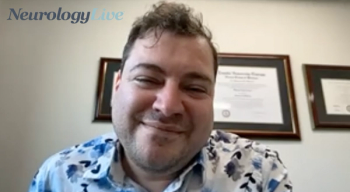
The head of the MS Center at Methodist Hospitals and assistant professor of neurology at Indiana University talked about the significance of diversity and the health disparities faced by patients with multiple sclerosis in the LGBTQ+ community. [WATCH TIME: 3 minutes]
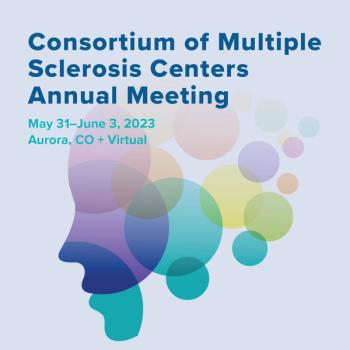
A group of experts in the care of patients with neurological conditions—Gavin Giovannoni, MBBCh, PhD, FCP, FRCP, FRCPath; Andrew Solomon, MD; Anne H. Cross, MD; Anthony Feinstein, MPhil, PhD, FRCP; Brian G. Weinshenker, MD, FRCP—shared their perspectives on hot topics of treatment and management in multiple sclerosis from the 2023 Consortium of Multiple Sclerosis Centers Annual Meeting.

As a recap from AHS 2023, get caught up on some of the latest news in neurology as the NeurologyLive® team shares some of our data updates.
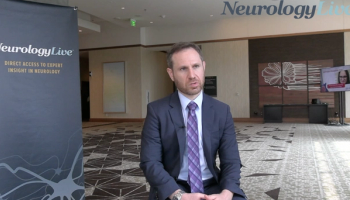
The pain management specialist and headache neurologist at the University of California San Diego Center for Pain Medicine discussed the different forms of cannabis and the need to conduct larger, multicenter studies to better understand its effects in migraine. [WATCH TIME: 3 minutes]

John DeLuca, PhD, senior vice president for Research and Training at Kessler Foundation, discussed the challenges in understanding and measuring fatigue in patients with multiple sclerosis.

As a recap from CMSC 2023, get caught up on some of the latest news in neurology as the NeurologyLive® team shares some of our data updates.

The undergraduate program director at the University of South Carolina provided perspective on the factors that go into building an equitable and effective medical course for young medical professionals. [WATCH TIME: 5 minutes]
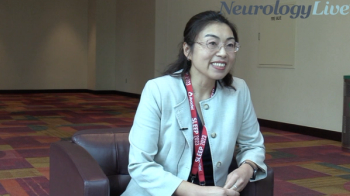
The associate professor at Johns Hopkins School of Nursing provided insight on a presentation at SLEEP 2023, and whether neurofilament light should be more considered when assessing elderly patients with sleep disorders. [WATCH TIME: 5 minutes]

The professor of anesthesiology at Washington University in St. Louis provided insight on his presentation at AHS 2023 discussing the need to engage underserved populations.

Marisa Whalen, PharmD, associate director of Medical Affairs at Jazz Pharmaceuticals, discussed presentations at SLEEP 2023 on the real-world burdens of idiopathic hypersomnia and the smooth transition to low sodium oxybate in patients with narcolepsy.

At ATMRD 2023, Lori DePorter, global ambassador for the PMD alliance, talked from the patient experience about the need for improved communication between care teams and support groups in Parkinson disease. [WATCH TIME: 3 minutes]
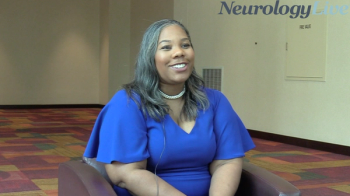
The sleep epidemiologist and assistant professor at the Rollins School of Public Health at Emory University discussed the multi-level effort needed to improve sleep issues seen in individuals most impacted by social determinants of health. [WATCH TIME: 3 minutes]
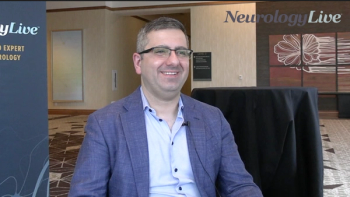
The assistant professor of neurology at Harvard Medical School talked about the prevalence of tension-type headache and how recent advances shed light on its pathophysiological mechanisms, leading to potential new treatments for the condition. [WATCH TIME: 5 minutes]

High and low doses of frexalimab resulted in reductions of new or enlarging T2 lesions and total T1 gadolinium-enhancing lesions over a 3-month period.
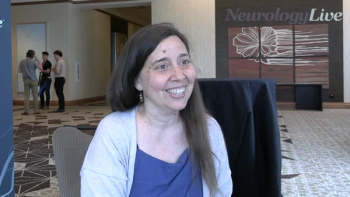
The research project manager of the headache program at the Children's Hospital of Philadelphia discussed data that suggest that an unhealthy and imbalanced microbiome may exacerbate the frequency, severity, and duration of migraines. [WATCH TIME: 4 minutes]

B U. K. Li, MD, emeritus professor of pediatrics and gastroenterology at the Medical College of Wisconsin, highlights the significant overlap between cyclic vomiting syndrome, abdominal migraine, and migraine headaches.
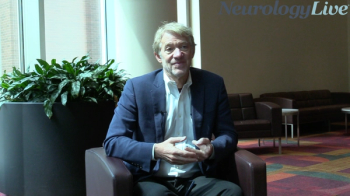
The chief of the Sleep Disorders Clinical Research Program at Massachusetts General Hospital discussed the benefits opioids have for patients with restless legs syndrome, as well as how they can be safely used as part of treatment strategies. [WATCH TIME: 4 minutes]

Over an 8-week period, patients with migraine and major depressive disorder who were treated with fremanezumab showed significant reductions in HAMD-17 and PHQ-9 scores.